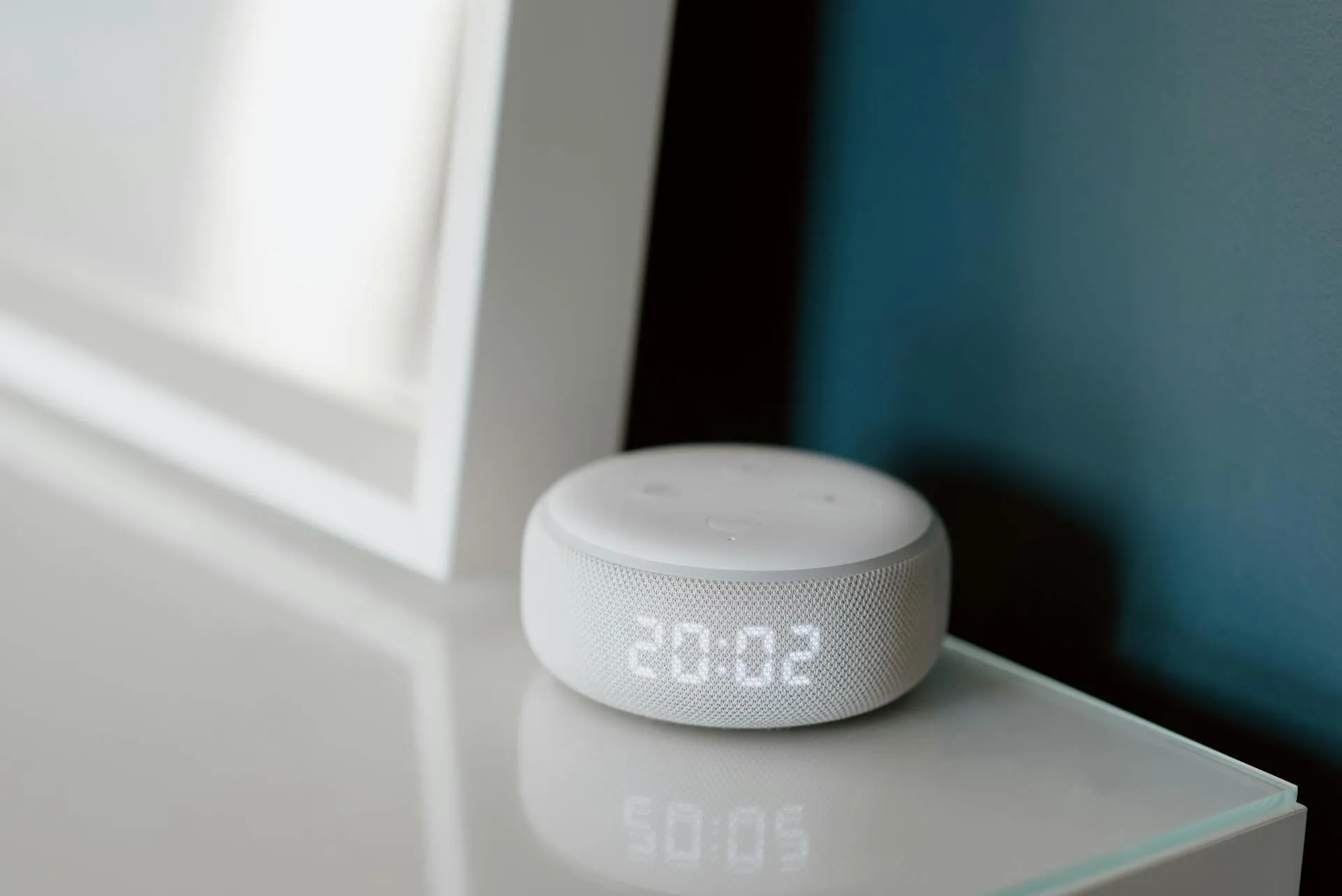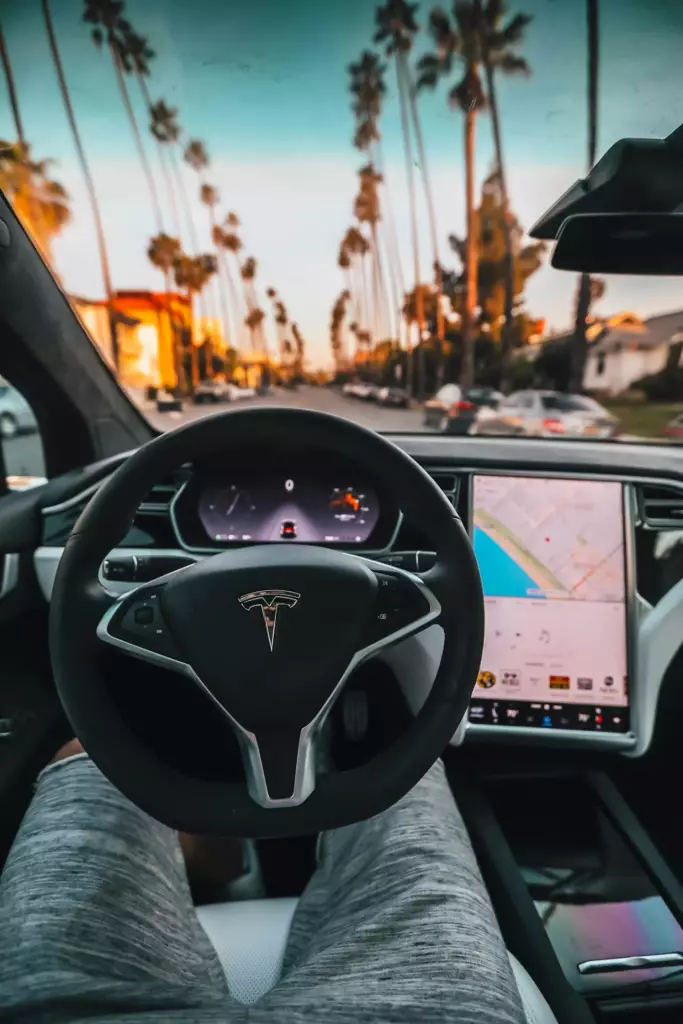In today’s digital era, Speech Recognition and Intelligent Assistants are revolutionizing the daily lives of millions of people. This technology allows interacting with devices in a fast, simple and more organic way for humans. Through voice commands, it is possible to perform tasks without using your hands. From searching the web to controlling household devices, its impact is undeniable.
What is Voice Recognition?

Voice Recognition and Intelligent Assistants** is based on natural language processing. What this technology does is to convert spoken words into text. The system then interprets the text and responds appropriately. Thanks to artificial intelligence (AI), these systems are constantly improving.
Smart Assistants in Daily Life

The Smart Assistants such as Siri, Alexa and Google Assistant are popular examples. These systems can perform multiple tasks using voice commands. For example, they can send messages, make calls or search for information online. This makes everyday tasks more efficient and convenient.
Home Control with Voice Recognition

Voice Recognition and Intelligent Assistants are key to smart home control. With a simple command, it is possible to turn on lights or adjust the temperature. This makes it easier to manage the home, especially for people with reduced mobility. It also improves energy efficiency by enabling precise control of devices. Companies like apple have driven this technology by integrating it into many of the devices that are part of their ecosystem.
Applications in Mobility

Voice Recognition and Intelligent Assistants are also used in vehicles. Drivers can interact with the system without being distracted from driving. They can ask for directions, adjust music or make phone calls. This helps improve road safety by reducing the need to manipulate devices.
Improved Accessibility
Voice Recognition and Intelligent Assistants offer great benefits in terms of accessibility. People with disabilities can use electronic devices more autonomously. This includes everything from controlling appliances in the home to surfing the Internet. The technology enables more people to participate fully in digital life.
Entertainment through Voice Recognition

Speech Recognition and Intelligent Assistants also transform access to entertainment. Users can play music, watch movies or listen to podcasts just by speaking. This makes the multimedia experience more fluid and interactive. The technology responds quickly to commands, enhancing the user experience.
Future of Voice Recognition and Intelligent Assistants
Speech Recognition and Intelligent Assistants will continue to evolve and improve. As AI advances, systems will become even more accurate and personalized. We are likely to see greater integration with devices in all areas of life. In addition, intelligent assistants will be able to anticipate users’ needs.
Conclusion
Voice Recognition and Intelligent Assistants are already an essential part of modern everyday life. The ability it has to facilitate tasks, improve accessibility and provide entertainment is unmatched. This technology will continue to grow, offering new ways to interact with the digital world. Adapting to these tools is key to making the most of their benefits.
In conclusion, Speech Recognition and Intelligent Assistants not only simplify daily life, but also open up new possibilities for the future. This technology will continue to play a very important role in our transition to a more interactive world with technology.

